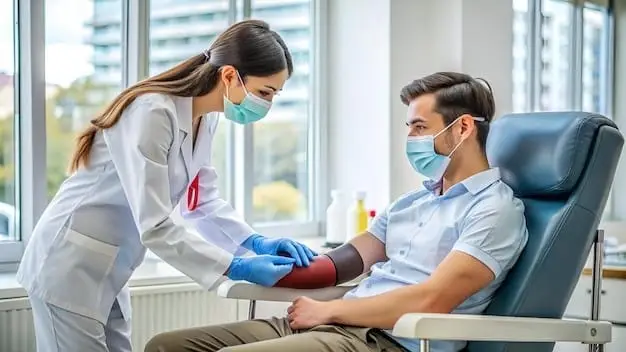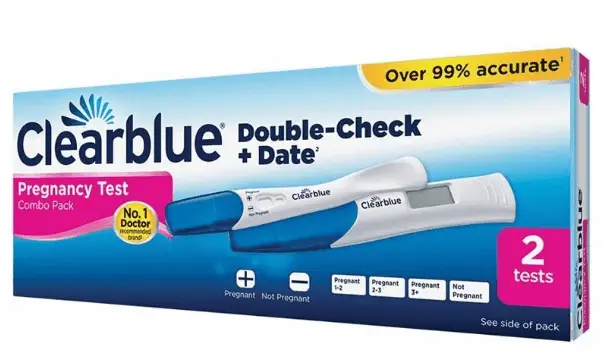Visiting a hospital to access health care is often a time-consuming activity that will dampen your schedule for the entire day. With at home doctor in Dubai services, you have numerous benefits that will take you through the road to health. In this blog, we will explain the benefits of getting a timely doctor at home in Dubai service, and how that would be greatly beneficial to you. Medilife Home Care Clinic provides these services so you will not have to trouble yourself with the long queues at a hospital when you fall ill, or worry about continuity of care if you are battling an existing condition.
Key benefits of choosing at-home doctor services are as follows:
- Personalised Attention: You don’t have to wait for appointment times at the busy clinics, nor worry about rushed consultations. With a home visit, the doctor will spend time to understand your medical history, current symptoms, and suggest tests, if needed. This helps the doctor to deliver more accurate diagnoses and better treatment outcomes.
- Reduced Exposure to Infections: No more worries about contracting illnesses or exposing yourself to infections at the hospitals and clinics, especially during flu season, or when there are contagious outbreaks. Receiving care at home will thus protect both you and your family.
- Convenience and Comfort: This is a great relief for the elderly, young children, or people having mobility issues, or are recuperating from serious illnesses. They don’t have to bother with all the travelling, and waiting, and can remain in a familiar, comfortable environment while getting treatment
- Continuity of Care: Once you book for follow-up care with the doctor at home in Dubai service, you can request the same physician, so there will not only be continuity of care, but you can foster a strong patient–doctor relationship as well. This would be quite helpful for patients handling chronic conditions like diabetes, hypertension, and respiratory disorders.
While visiting Dubai, and you need doctor services in hotel
If you happen to be vacationing in Dubai, and you fall ill, you can avail a doctor at hotel in Dubai services to get treatment quickly. This is a great relief for people who are not familiar with the hospitals and clinics, and don’t know which doctor to see. You can call Medilife Home Care Clinic’s doctor on call Dubai services to come to your hotel, and once you explain your needs, they will send a doctor to your location. If needed, the doctor would confer with your doctor back home if you had an existing condition that aggravated while you were visiting Dubai. So if you are travelling through Dubai, or vacationing here, you don’t have to be concerned about your healthcare needs, because you will be in good hands.
Conclusion
Now healthcare doesn’t seem an impossible task with at home doctor in Dubai option from Medilife Home Care Clinic. With a seamless blend of convenience, comfort, and quality, the clinic aims to bring medical care directly to patients, wherever they are located. You can call the clinic for routine care, emergency, or follow-up consultations, and get treatment without having to step out of the house/hotel.


